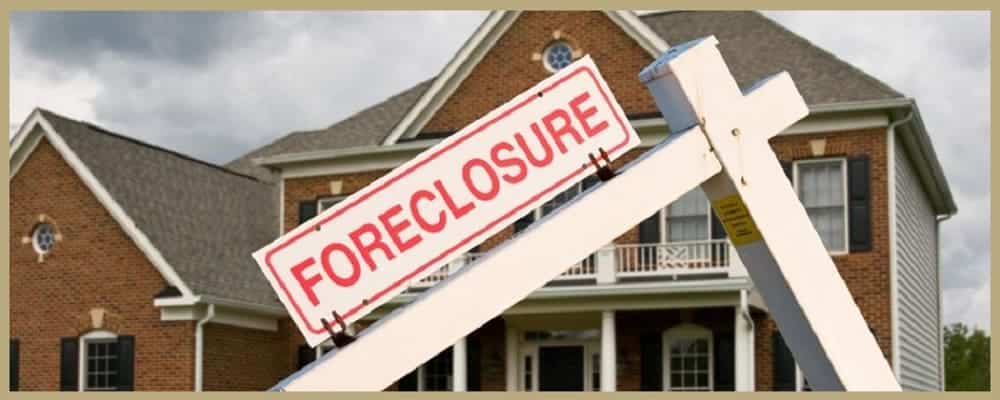Foreclosure Defense Attorney
What is a Foreclosure?
A foreclosure is a legal proceeding commenced by a lender to enforce payment on a loan by forcing a sale of the mortgaged property.
What Gives a Lender the Authority to Force a Sale of a Home in a Foreclosure?
The right to foreclose exists by the contract between the lender and the home owner. When a homeowner agrees to borrow money, they agree to give the lender the right to foreclose in the event of non payment.
Does it Matter that the Right to Foreclosure is a Contract?
It means that contract law determines what rights a lender has to foreclose. These rights are subject to additional laws which give homeowners extra protection.
How Can You Defend Against a Foreclosure?
In simple terms, defending against a foreclosure should be broken down into two broad categories. First, is what the lender must establish to show they are entitled to a judgment of foreclosure. Second, is to determine if there are any defenses which would stop the foreclosure from being granted even if the lender is otherwise entitled to a judgment.
If you are facing a foreclosure, there may be a number of defenses available to you. There are a number of reasons why a lender cannot foreclose. Some are apparent, others can be less so. In some cases, it may be possible to have the entire mortgage discharged. In those cases, you might even be able to have the lender reimburse you for your attorney fees.
Some of the more common defenses are as follows:
- Lack of proper service of the summons and complaint. This defense may be critical if you are in default. Less obvious is that in some cases, it may work in conjunction with other defenses.
- Amount owed is in dispute. Even if you are in default, lenders do not always get the amount owed correct. Sometimes they tack on additional fees which artificially inflate the amount due.
- Failure to comply with RPAPL 1304. This law contains several mandatory provisions that all lenders are required to follow before they file. If they do not, the entire foreclosure can be dismissed
- Lack of Capacity. If the homeowner was not sufficiently competent to sign the mortgage, the foreclosure may be dismissed. This defense is common when an unscrupulous lender tries to take advantage of someone who is able to look after their own interests.
- Lack of Standing. Only the entity with an interest in the underlying note may bring a foreclosure. When the original lender forecloses, this is almost never an issue, but if the mortgage is sold, the new owner in interest has to show they are the correct party to bring the foreclosure.
- Statute of Limitations. If the lender waited too long to file a foreclosure, the entire mortgage can be declared void. When this time period begins and whether it covers the entire mortgage or just a part of it is a question that must be looked at early on.
- Active Military. If a defendant is on active deployment, the case cannot proceed on a normal track. Active military have special rights to protect them against lawsuits.
Call for a Free Phone Consultation or to Schedule a Low Cost Office Consultation
If you have have additional questions, contact our office to learn about your legal options for protecting your rights in a foreclosure action. To get your free phone consultation or to make an appointment, call (631) 864-2600. Serving clients in Suffolk, Nassau, Queens, Manhattan, Bronx, Westchester. Rockland, Orange and other surrounding counties are accepted on a case by case basis.
Practice Areas
-
Matrimonial and Family Law
- Divorce and Annulments
- Custody and Parenting Time
- Child Support
- Spousal Maintenance
- Equitable Distribution
- Exclusive Occupancy
- Counsel Fee Awards
- Expert Fee Awards
- Pendente Lite Motions
- High Net Worth Divorces
- Matrimonial Agreements
- Matrimonial Appeals
- Modification of Child Support
- Modification of Spousal Maintenance
- Complex Challenges
-
Appeals
-
Foreclosure Defense
-
Probate, Estates and Administration
-
Partition Actions
-
Constructive Trusts

